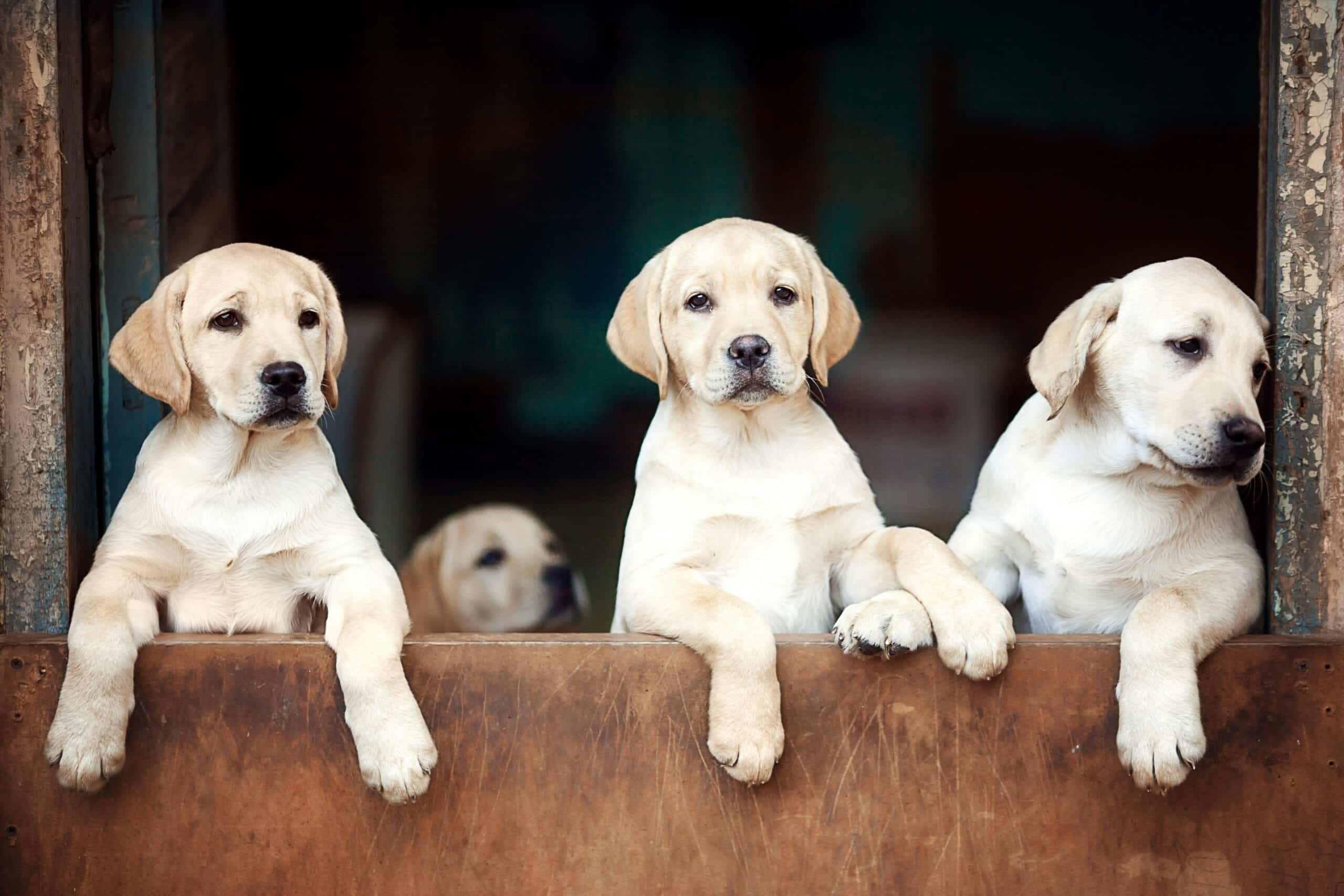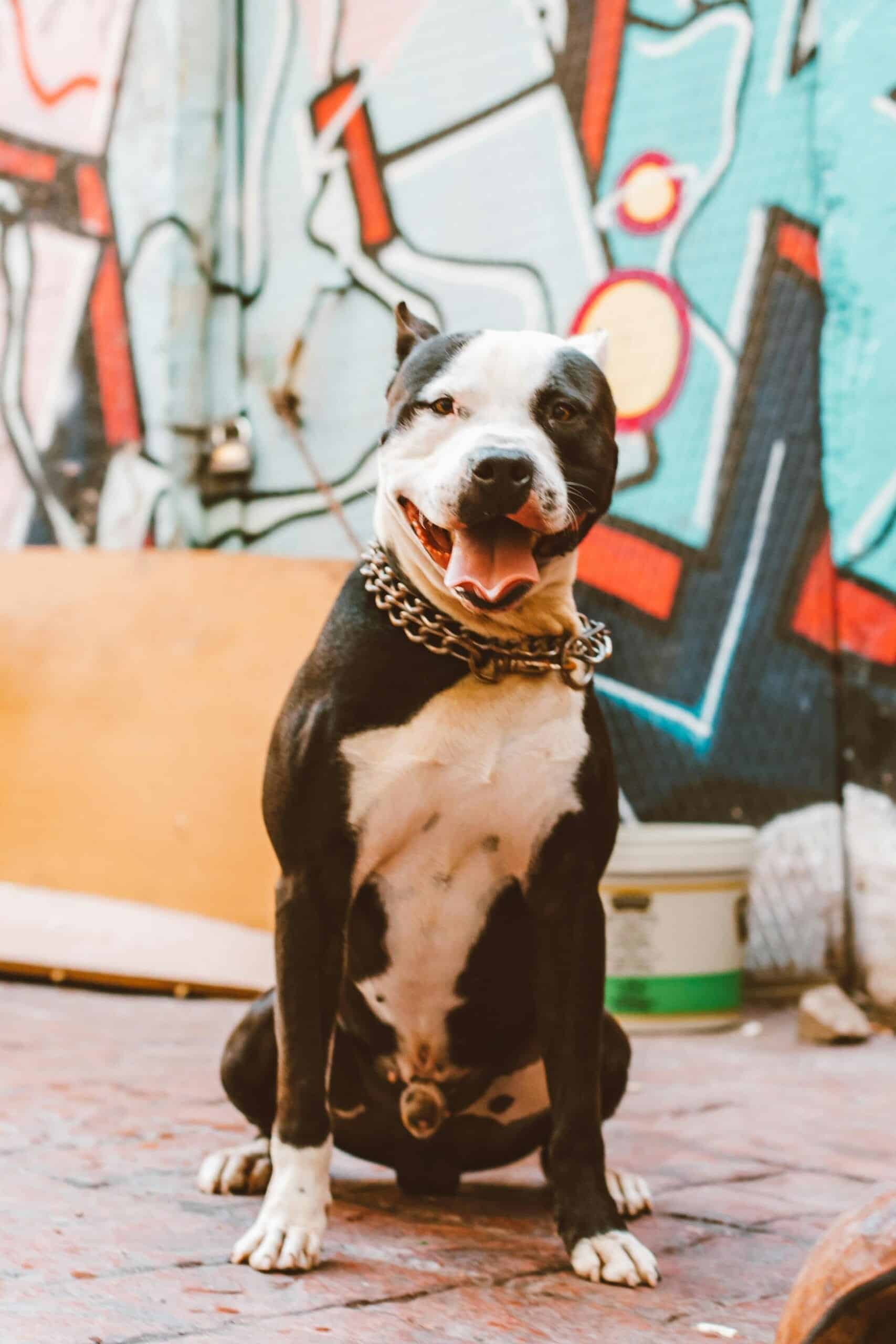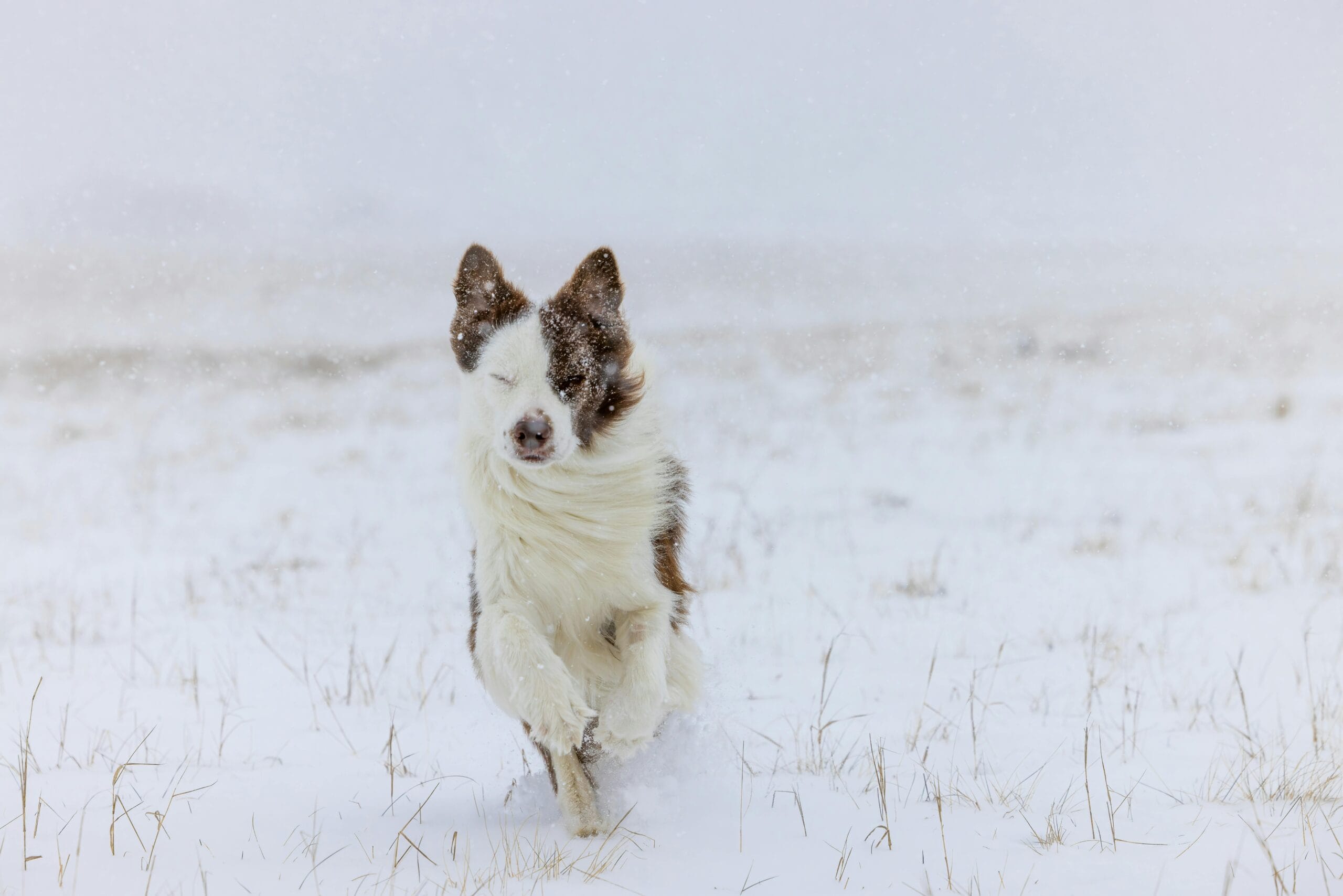The Bichon Frisé is a breed that wins hearts with its vibrant appearance and personality. This article offers a comprehensive guide to the essential features and care to ensure your Bichon Frisé lives a long and happy life. Covering everything from grooming to training, I will provide the most useful tips backed by experts in caring for this adorable breed.
Physical Characteristics and Personality of the Bichon Frise
Appearance of the Bichon Frisé
The Bichon Frisé is a small-sized dog, weighing between 3 and 6 kilograms. Its fluffy white coat is one of the most outstanding features of its appearance, combining a soft undercoat and a thicker, curlier outer coat. This luxurious coat, along with its high, curled tail, gives it an elegant demeanor that is hard to ignore.
Personality Traits
Bichon Frisé are known for their cheerful and affectionate nature. These dogs are social, friendly and tend to be very good companions for families and people living alone. Your level of intelligence and energy makes them very receptive to training, as well as being compatible with proper socialization. They are naturally vigilant, without being excessively barky.
Care and Grooming Tips for the Bichon Friesian
Coat Care
Maintaining the Bichon Frisé's coat requires a regular commitment. You should brush their coat at least two to three times a week. This helps prevent tangling and knotting. In addition, it is advisable to take them to a professional groomer every 4 to 6 weeks.
Remember: Using a shampoo specifically for dogs with sensitive skin can prevent skin irritations, which is crucial to keeping their coat white and healthy.
General Cleaning Routine
Dental hygiene is essential to prevent periodontal disease in the Bichon Frisé. Brush their teeth at least twice a week. The ears should be checked and cleaned regularly to avoid infections. Trimming their nails every month will avoid discomfort and problems in their paws. Eye cleaning is also crucial, as accumulated drainage can cause discoloration around the eyes.
Health and Veterinary Considerations
Common Health Problems
Some health conditions commonly seen in Bichon Frisé include skin allergies, hip dysplasia and eye diseases such as cataracts. It is important to have regular checkups to identify any problems early.
A balanced diet and regular exercise also act as effective preventive measures against obesity, a common problem in this breed due to its small size.
Veterinary Visits and Recommended Vaccinations
Visits to the veterinarian for general check-ups should be scheduled at least twice a year. These visits are key to ensuring that the Bichon Frise receives its vaccinations on time, including annual vaccinations against rabies and other specific diseases. In addition, it is crucial to follow a proper internal and external deworming program.
Training and Socialization Tips
Basic Training
Bichon Frisé training can be simplified by using positive reinforcement methods. Praise and reward to your dog for desired behaviors strengthens learning. For basic commands such as sit, stay and come, consistency and patience are vital.
- Use short training sessions to keep their attention.
- Intersperses sessions with play to avoid boredom.
Socialization with other dogs and humans
Socialization from an early age is fundamental to the emotional development of the Bichon Frisé. This includes interacting with other pets and different people. Taking your Bichon Frisé to dog parks or enrolling him in socialization groups will help develop essential social skills.
Important tip: Gradual exposure to new experiences and environments can help reduce anxiety and encourage balanced behavior in unfamiliar situations.



